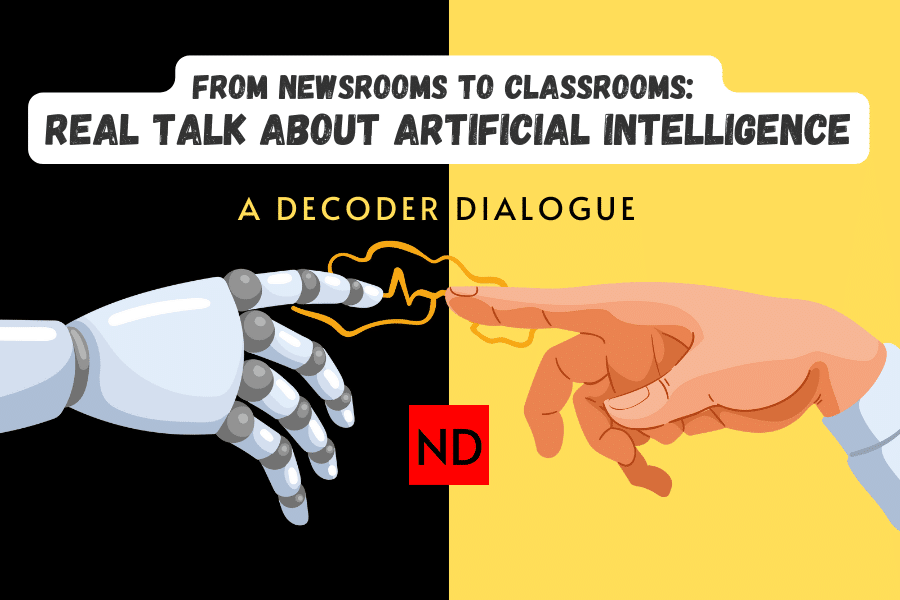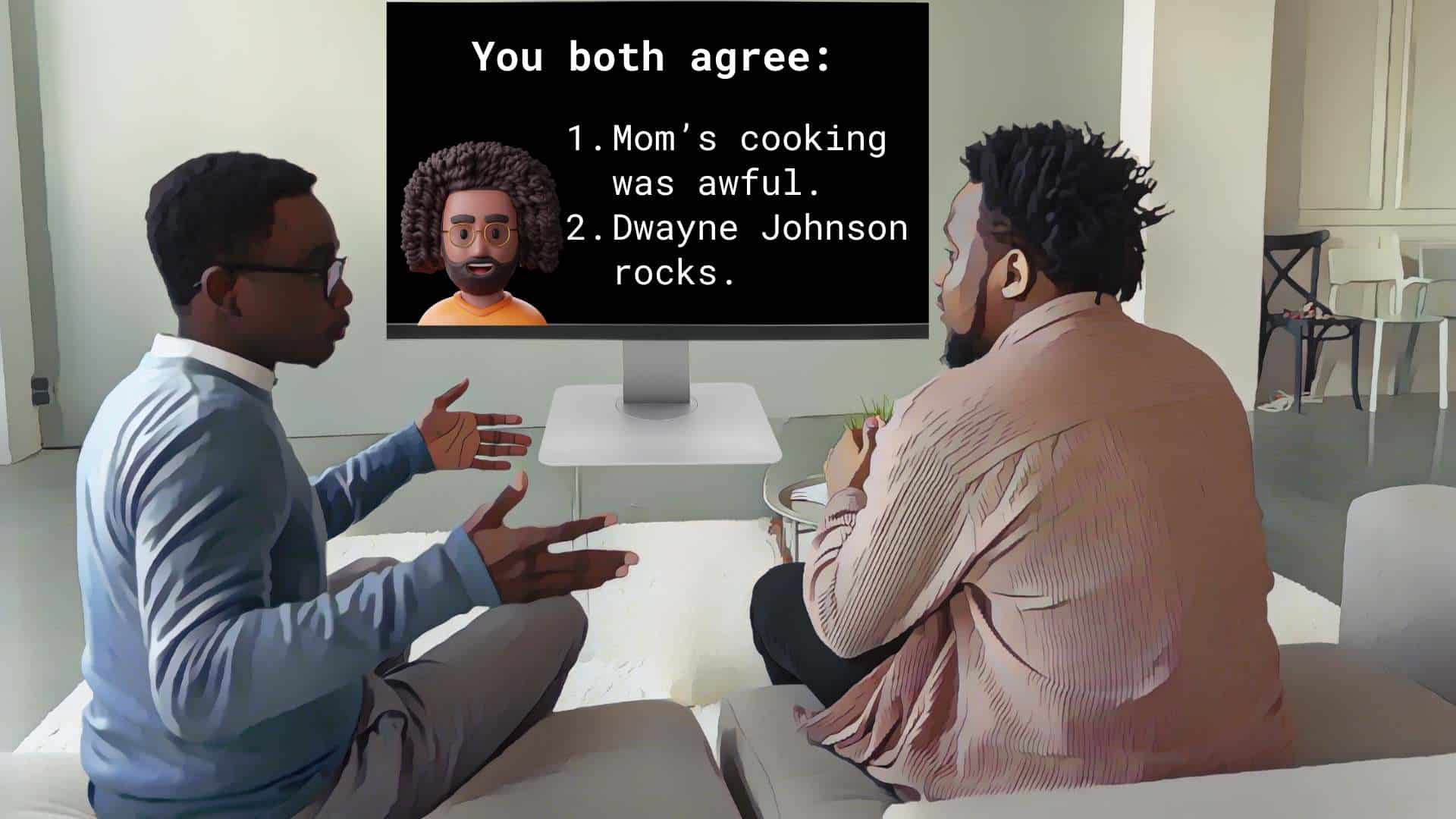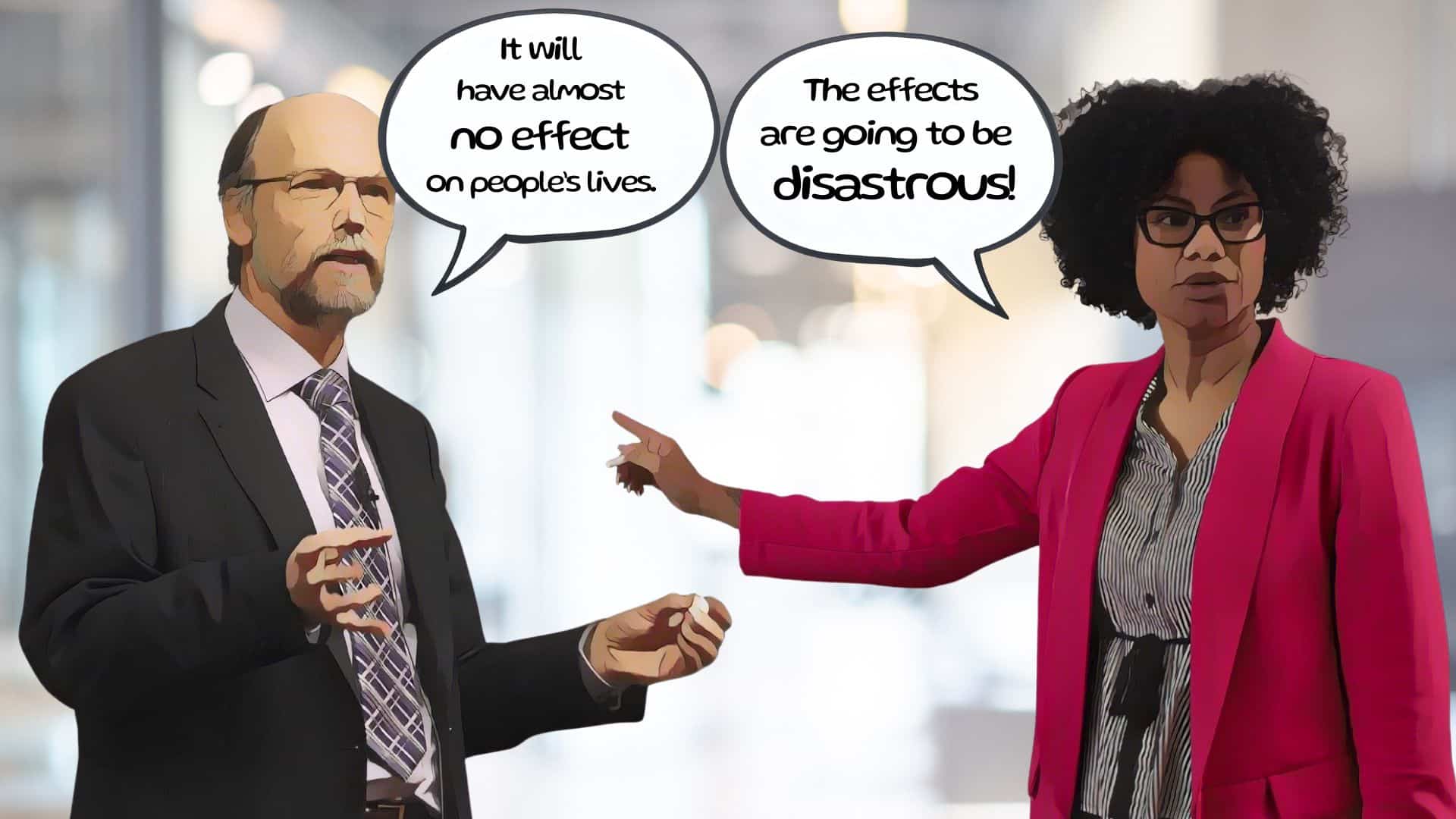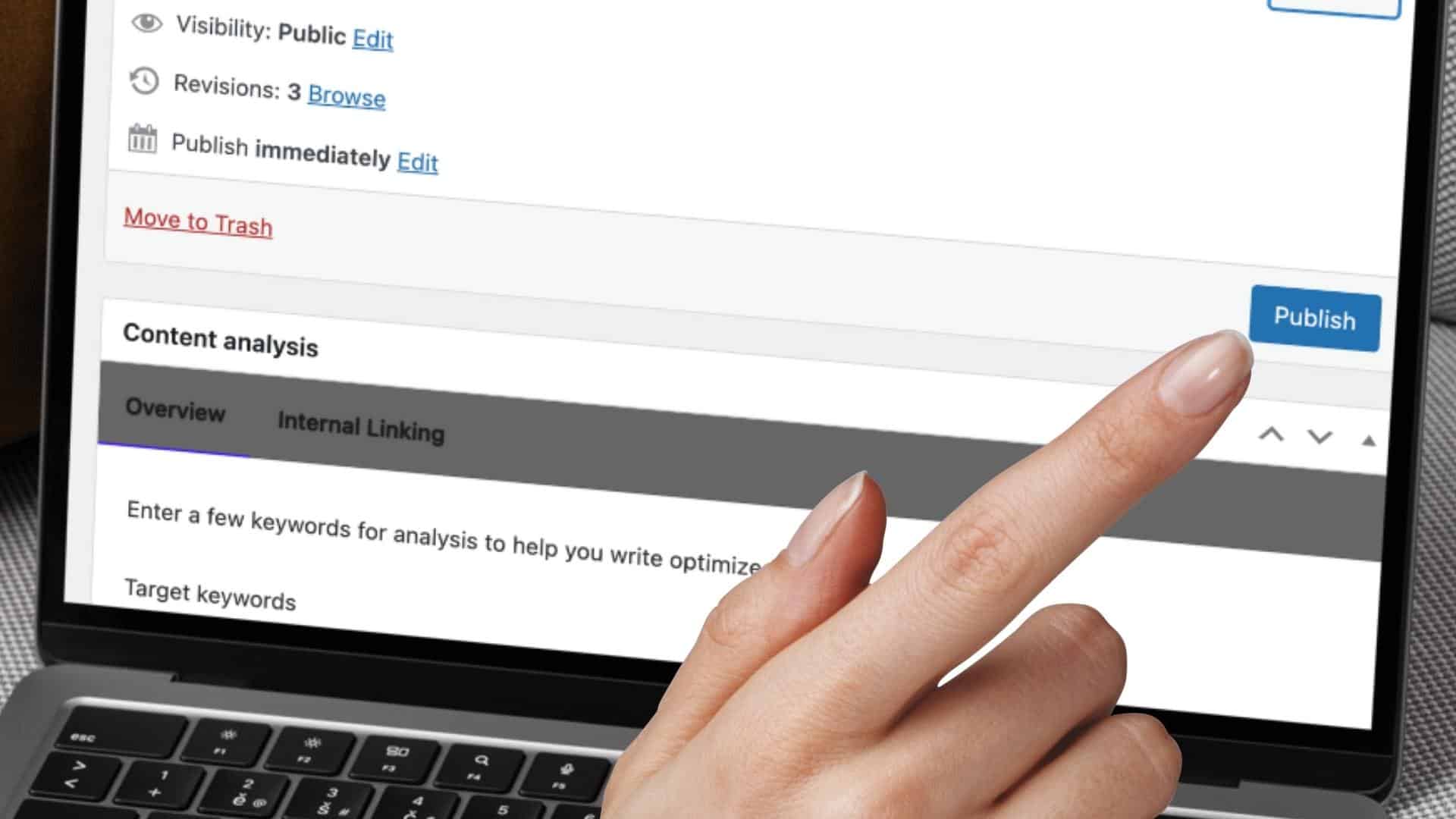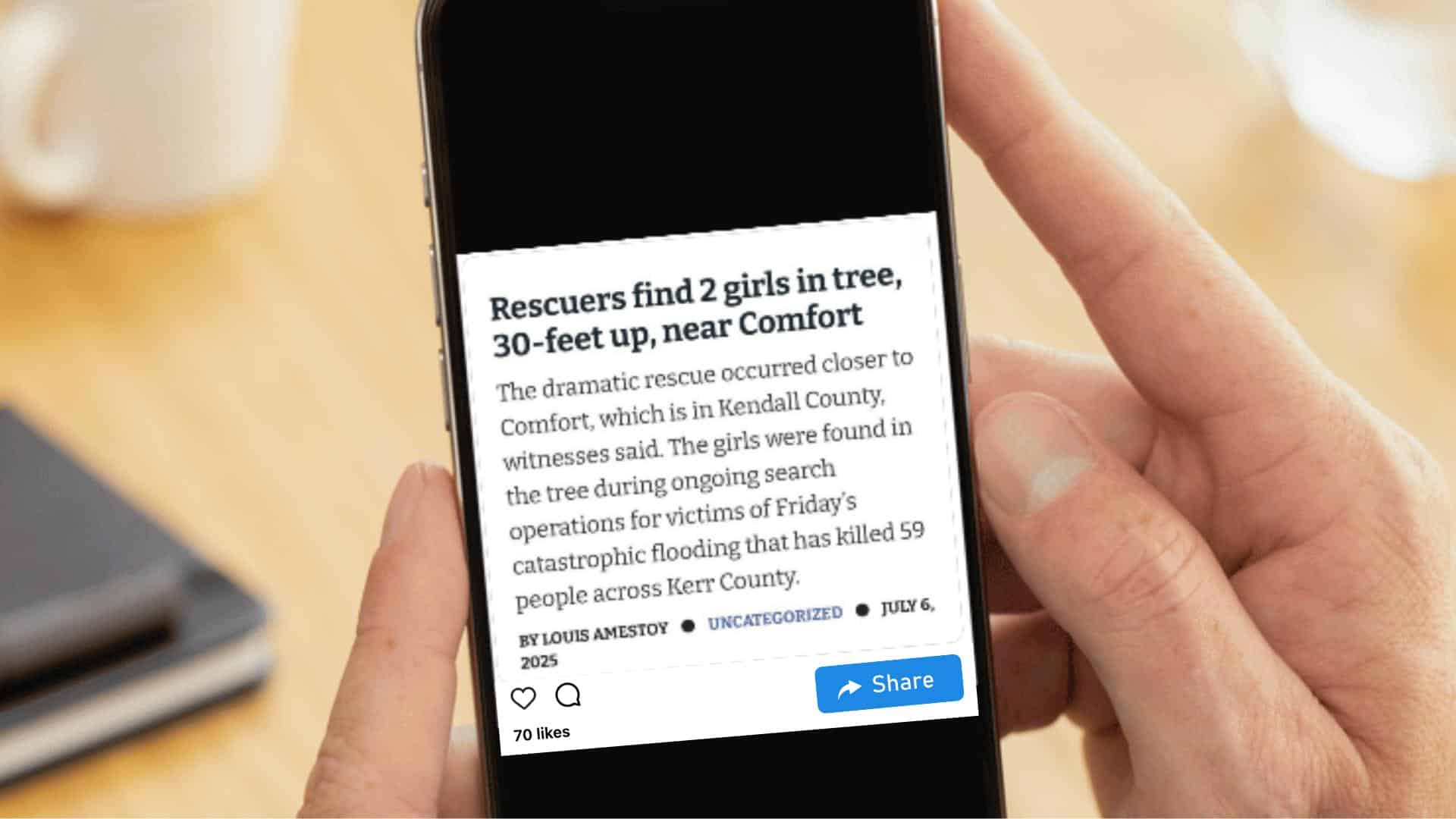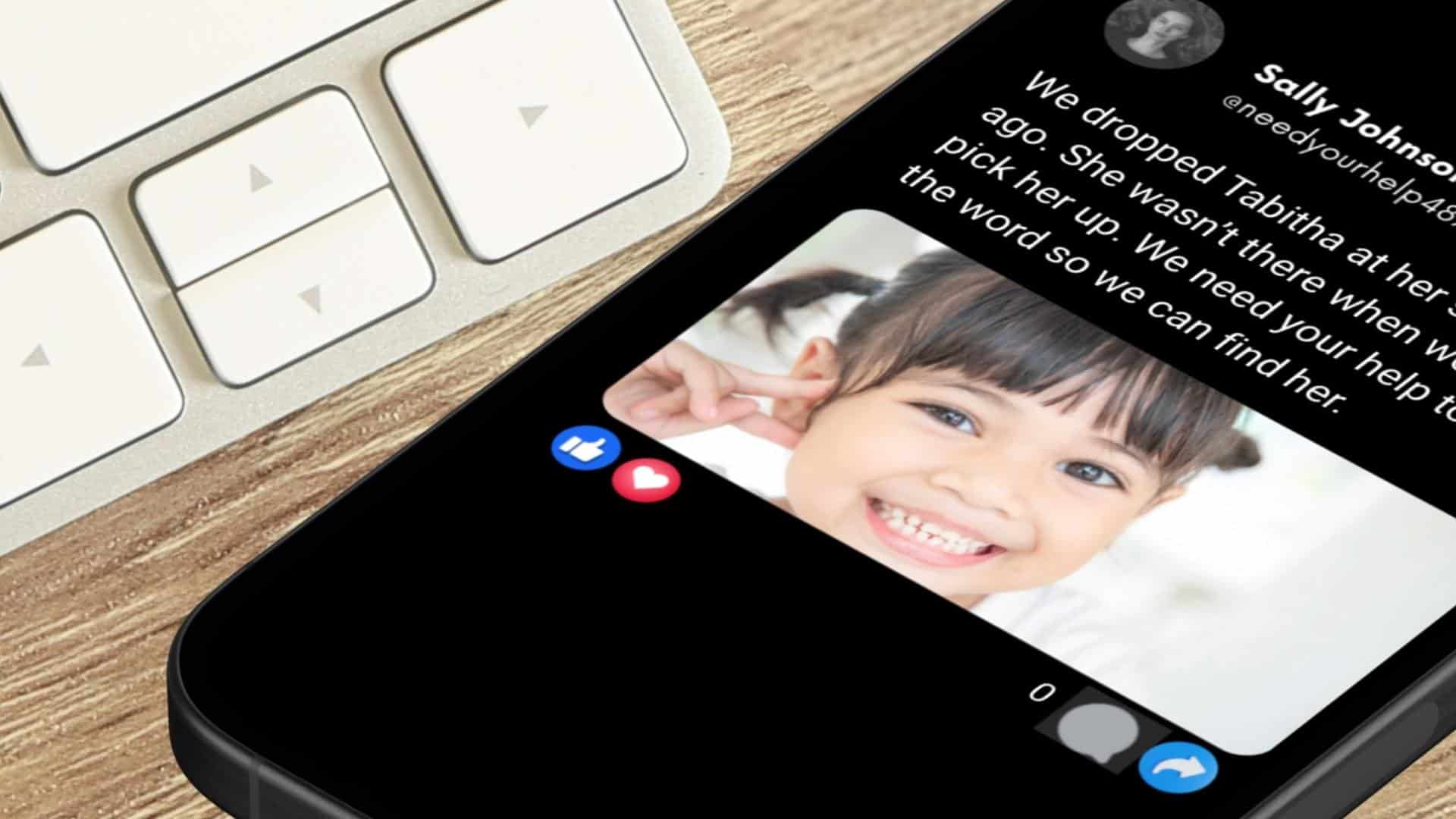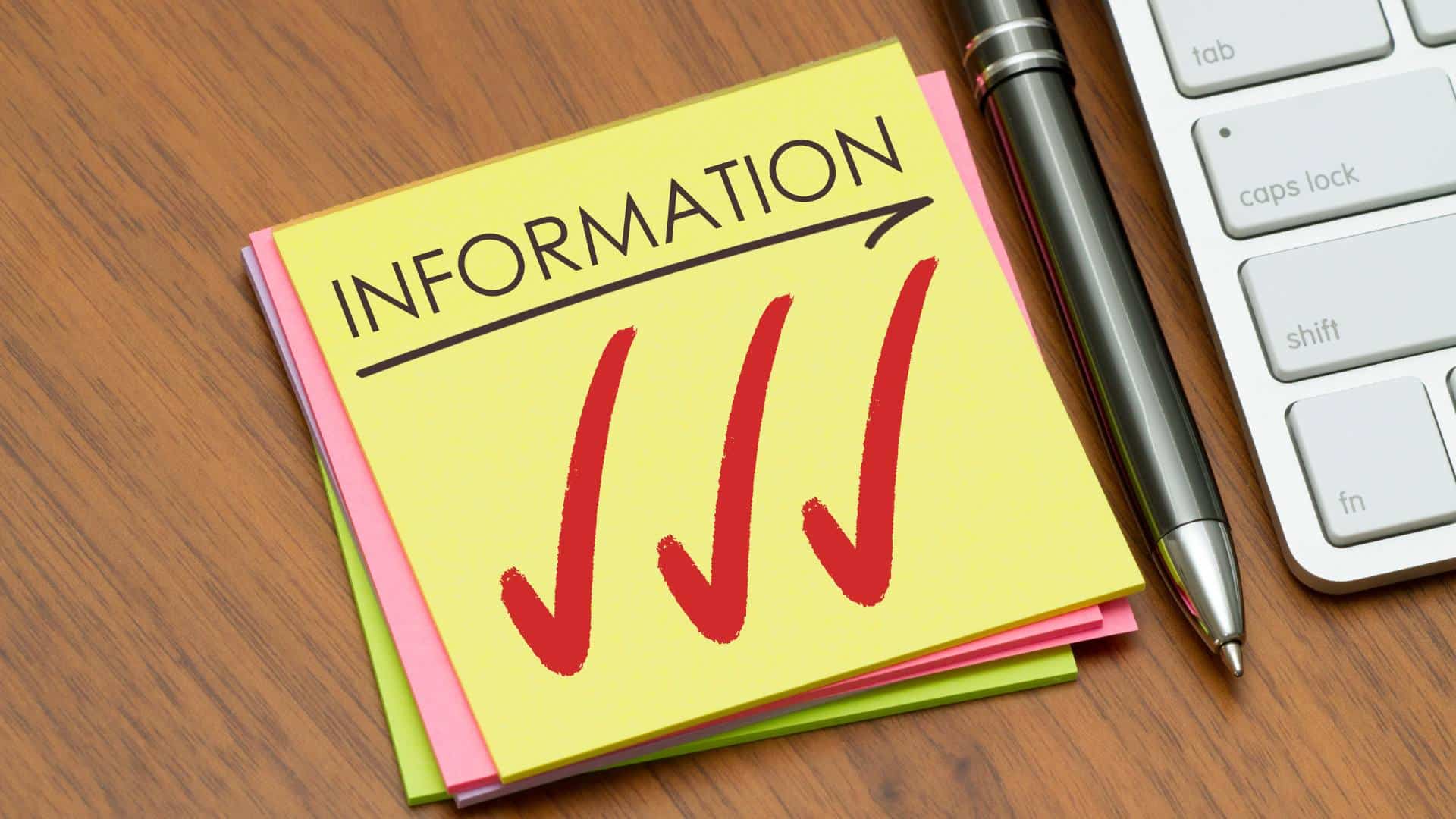Do some social media posts make you cry? Can you tell a reliable source from one you shouldn’t trust? Can AI help bring us together across divides?

The Earth superimposed on an image of digital media screens. Photo credit Canva/News Decoder.
From 24 to 31 October, the world marks Global Media and Information Literacy Week, an annual event first launched by UNESCO in 2011 as a way for organizations around the world to share ideas and explore innovative ways to promote media and information literacy for all. This year’s theme is Minds Over AI — MIL in Digital Spaces.
To join in the global conversation, over the next week News Decoder will present a series of articles that look at media literacy in different ways.
Today, we give you links to articles we’ve published over the past year on topics that range from fact-checking and information verification to the power of social media and the good and bad of artificial intelligence.
Do we still value original thought?
By Alexander Nicoll
We are bombarded with information from news sites, friends, entertainment platforms and companies — through articles, messages, images, videos, ads and graphics. It can be difficult to know or even think about where the information is coming from. Whether you realize it or not, this tsunami of information affects you: It shapes what you know about events, how you see the world and how you feel about people, issues and products. So what can you do to support a healthier and sustainable media ecosystem? Read more
How AI can help you research and report
By Marcy Burstiner
We wondered how people felt about artificial intelligence in the classroom and newsrooms, so we gathered a panel of students and experts in the fields of education and media. Out of that discussion came some suggestions for how AI could help you in research and reporting. Read more
Can artificial intelligence bridge real political divides?
By Julia Yarkoni
When members of polarized political parties end up demonizing each other to get the upper hand in an election, being open to dialogue post-election can be challenging. Some scientists are looking to artificial intelligence to do what your parents can’t. Get you all to stop arguing already. Read more
Should all expertise and opinions carry equal weight?
By News Decoder
Journalists are often told to be objective and to tell both sides of a story. They are taught to seek multiple perspectives. But research any topic and you will find disagreements among scientists, ecologists, business leaders, politicians and everyday people. In other words, you can just about always find conflict. In homing in on conflict you could create a false balance. That’s when you make two sides seem more equal than they are. Read more
Before you click on that incredible deal …
By Madison Dapcevich
Scammers are everywhere on the internet, masquerading to obtain your personal information. Many social media users or website creators pose as government entities or other authorities to offer you things that seem too good to be true or use scare tactics, like fake warnings about things like late fines or missed court dates, to prompt online users into sharing personal information. In an era of misinformation, how do we know when a website is real? Read more
Do you live in a healthy media ecosystem?
By News Decoder
We are bombarded with information from news sites, friends, entertainment platforms and companies — through articles, messages, images, videos, ads and graphics. It can be difficult to know or even think about where the information is coming from. Whether you realize it or not, this tsunami of information affects you: It shapes what you know about events, how you see the world and how you feel about people, issues and products. So what can you do to support a healthier and sustainable media ecosystem? Read more
Can the information you share be trusted?
By News Decoder
There’s an overwhelming amount of information we are confronted with on the internet every day. To convince readers, you need to base your articles on facts you get from researching the story. But to trust the information you find, you’ll need a system for verification. We’ll show you how to do that. Read more
Is social media turning our hearts to stone?
By Page Pointer 🎓
As global digital participation grows, our ability to connect emotionally may be shifting. Social media has connected people across continents, but it also reshapes how we perceive and respond to others’ emotions, especially among youth. The lack of facial expressions, body language and tone — key elements of in-person conversation — makes it harder to gauge emotion online. This often leads to misunderstandings, or worse, emotional detachment. Read more
Sharing is good, except when it isn’t
By Madison Dapcevich
Sometimes we feel compelled to share or repost what we read. But when we do, we might unwittingly spread disinformation. Beware of “copypasta”, today’s version of chainmail, seen in the early days of email, which promised good luck for forwarding a message or foretold misinformation if you let the email sit in an inbox. In addition to spreading false information, copypasta can be used as part of bigger campaigns to push particular sentiments or ideologies. Read more
The power of posts that tug at your heartstrings
By Madison Dapcevich
Alarming, emotion-evoking social media posts can turn out to be a scheme to collect personal information from social media users. After someone shares the original post, the scammer changes the content of the original to a deceptive rental ad, a scam shopping website or a survey that offers incredible prizes for those who complete it.These newly “flipped” posts then ask users to provide personal information or pay an associated fee, which can lead to identify theft. Read more
Why you need to triple check your facts
By Jeremy Solomons
A seemingly well-sourced, carefully crafted and copy-edited article about a new brand of young, vibrant, national leader, with astonishing levels of commitment, courage, creativity and compassion. All ready to be self-published online. The only trouble was that my draft article was based on wrong information. We all make mistakes but as journalists, we must do everything we can to make sure we report the facts and find the truth. Read more
.
That info you found. You sure of the source?
By Madison Dapcevich
Ever play telephone? You sit with a bunch of friends and whisper a phrase in the ear of the person next to you. That person whispers it to the next person, inadvertently changing it in the process. So, it goes until the convoluted phrase reaches the last person. That’s often the case with information on the internet. The more sources through which an article has been published through a syndicate or aggregated source, the more likely that article will change. Sometimes important context or nuance is lost. Read more


